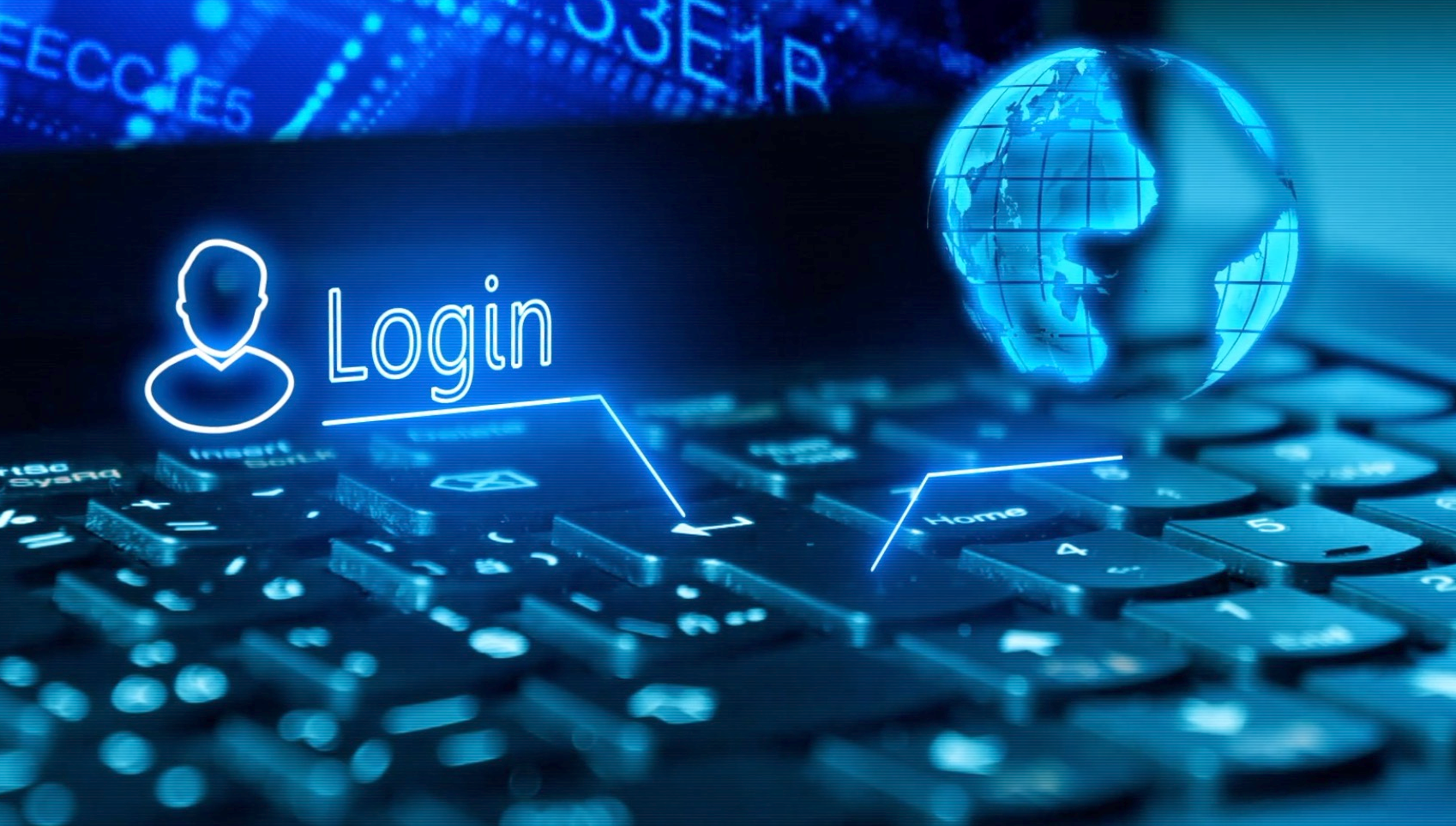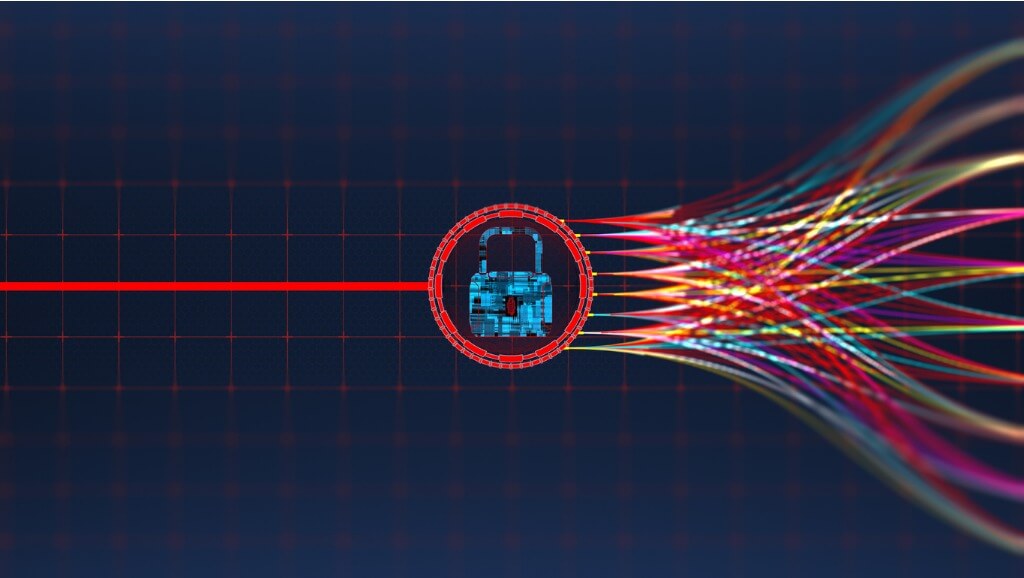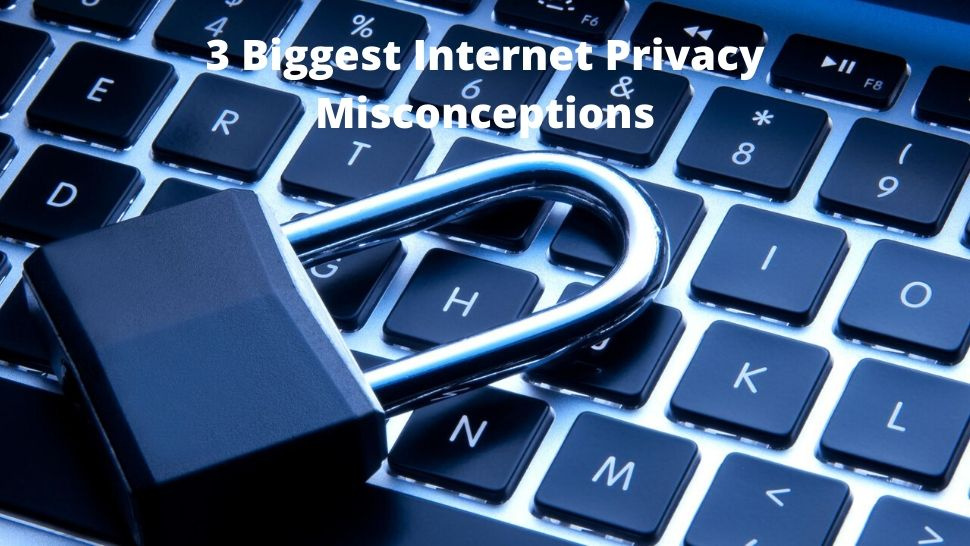Facebook announced in April this year that due to negligence, the company had collected over one million email addresses of users without the requested permission. However, this is not close to the biggest privacy scandal - in 2013, over were hacked 3 billion user accounts Yahoo.
Internet privacy has become a hot topic due to several major scandals that have revealed all the dangers of leaving a large amount of information online, but it still seems that many internet users are indifferent to this issue.
In addition to the lack of interest, there are many public myths about privacy and how we can protect it, and the next few misconceptions are most common.

1. "Why would anyone hack me? - I have nothing to hide."
Whenever NGOs and activists point out the importance of privacy protection, there is almost always a comment: "But I'm not scared because I have nothing to hide." This type of response is so common that Daniel Sieradski, a writer, and a privacy activist create a profile on Twitter with the username @_nothingtohide.
What is important to understand here is that privacy is not necessarily the same as secrecy. There is information about us that we would not mind being published, but it is problematic if no one asked us if we wanted the information to be public at all. The moment we have no control over private information about ourselves, we lose control over part of our lives because we no longer wonder how much information about ourselves we want to share with others. In order for an individual to be free, it is imperative that he or she can decide in which areas of his / her life he/she wants to release other people, and if his/her privacy is compromised, such control no longer exists. This is a principle we already respect - we do not force people to declare their political beliefs, the religion they believe in, or philosophical principles.
In addition to the principled argument in defense of privacy, there are numerous negative consequences if the privacy of a large number of citizens is compromised. Even in countries with developed democratic institutions, such as the United States, authorities are not immune to privacy violations, which gives them even more control over citizens. The greater amount of data in the hands of the authorities makes it more difficult for citizens to preserve their freedoms in other areas of life. Personal information can also be found in the hands of hackers, which creates new issues such as identity theft or unauthorized access to bank accounts. In the case of the scandal, Cambridge Analytics it became apparent that a wealth of private information could be used for political purposes.
Additionally, almost everyone has a blanket section of their search history on the internet that they are not proud of and that they would like to keep to themselves, even if it is not illegal. Proof of this is the Canadian site Ashley Madison, which serves people who are married but looking for a love affair. A huge amount of data on the 36 million users of this site, including email addresses, phone numbers, usernames and account codes, was released in 2015 after a hacking attack.

2. "Not much can be learned about someone over the Internet"
Despite the fact that many people have profiles on at least one social network and use numerous internet search engines daily, there is still a great deal of skepticism about how much can actually be learned about us from the information we leave on the internet.
Through one link on Google Maps, it is possible to find out the entire history of the sites we visited, Google has a history of all our searches through their browser (even if you tried to clear your history), knows the applications we use on our phone and has the entire history of the videos we looked at Jutjuba. This is just a small part of the huge amount of information one company has about us, and we have not even mentioned Facebook.

In addition to large companies, other actors can learn a lot about us based on the information available, even if they have no insight into the content of our communication. From state security institutions, which often target journalists or dissidents in undemocratic countries, to hackers or people who want to capture someone for various reasons, there is a long list of actors who can gather a wealth of information about us online.
Denelle Dixon, a former CEO of technology company Mozilla, revealed in one of her speeches that she conducted a sort of experiment by hiring one person to find as much information as possible on the internet, knowing only her name. The person she hired found, only basic information that was publicly available on the Internet, all the addresses she had lived in for the last 25 years, all the email addresses she had ever owned, a list of all the cars she was driving and driving now, and numerous other sensitive and personal information that should not be made public. If we really think that it is not so difficult to find a great deal of information about us on the internet, we are deluded and underestimated how much, with enough effort, can be found out.
3. "It's hard to protect your privacy on the Internet"
There is no doubt that it is almost impossible to protect full privacy online. There is certainly a time in the past where it was possible to have control over all the information about us on the internet, and because of this knowledge, people often lose their motivation to even try to protect themselves. While in most cases we cannot avoid making certain information about us publicly available, this does not mean that every fight for privacy is in vain.
One of the easier things that less - more each of us can do is get to know what encryption is and what applications enable this type of communication. Encryption is based on cryptography and has two types - public and symmetric encryption. Public encryption uses two different "keys", one public and one private. The public key is accessible to everyone, but only with the private key can they "unlock" information. If you are sending an email, use a "private key" for encryption, and then travel that information through a public space. However, the content of the information can only be obtained by owning a “private key”. In the case of symmetric encryption, the sending and receiving information using the same encryption key, which makes the whole process simpler and faster, but also has a greater risk of intercepting the message.

There are a number of applications that are lightweight and easy to use that use encryption. The Signal app is known as the gold standard in the field of encryption, WhatsApp is the most popular platform with this option, and there are Telegram and Wickr Me apps.
Another area where it is possible to protect your privacy on the internet is to choose an internet browser. The most popular internet browser today is Google Chrome, and numerous media outlets have written about this browser's privacy issues. As a potentially better option, most privacy activists recommend browsers such as Firefox. This Mozilla search engine protects users from Internet browsing in many ways and offers a number of add-ons that focus on further protecting privacy. Also popular is the DuckDuckGo search engine, which is branded as an alternative to Google's way of doing business and guarantees that users will not collect a large amount of data about them.
Other precautions relate to providing detailed information about what information is available on our social networking profiles and great care when sharing information over free and public Wi-Fi networks. The use of a VPN, which is a virtual private network that extends a private network over a public network, is also significant in protecting privacy on the Internet.
This is still just the tip of the iceberg when it comes to protecting privacy. What is most important is that we are aware that this is an area in which we are endangered, but that we are not helpless and that with a little effort and education we can do a lot to protect ourselves in the online space.




Share the News